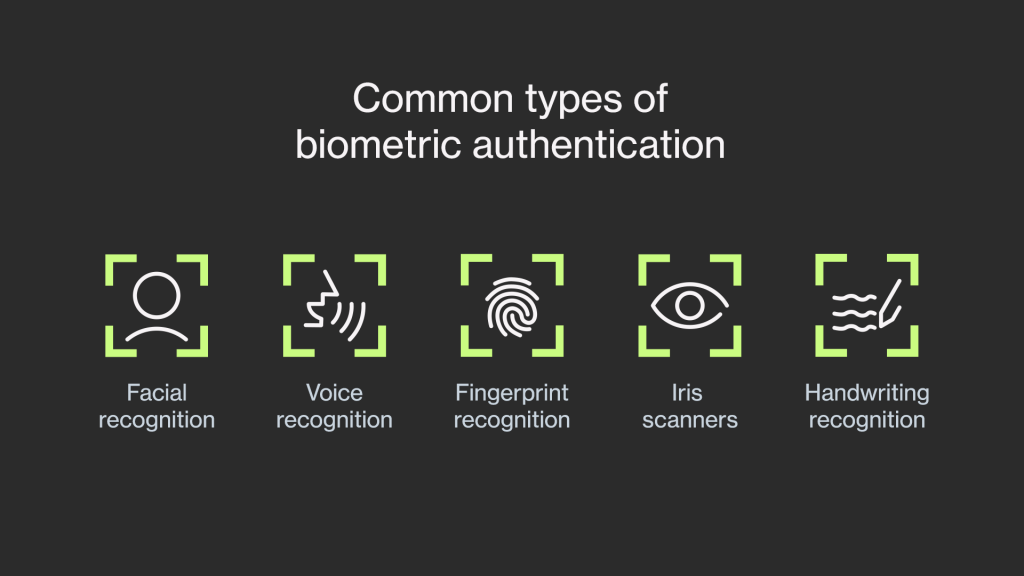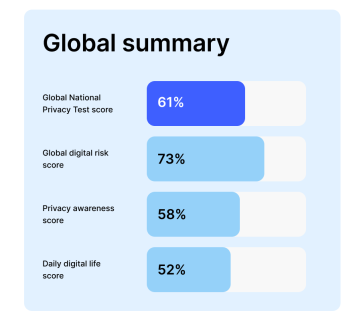This week has seen the Kenya police arrest a total of about 77 people who are claimed to have been associated with computer fraud activities capable of infiltrating communication systems across the country.
Following a raid led by the CS for ICT Fred Matiang’i, the group of Chinese nationalities, was arrested from a house in the high-end Runda Estate in the country’s capital Nairobi, with high-tech ICT equipment being recovered from the house they were based.
According to ICT experts in the country, the group of Chinese nationals was operating in a typical cybercrime command centre and the servers contained large amounts of money transactions that would amount to billions of shillings.
The centre contained desk phones, monitoring screens and computers connected to high-speed internet, and is now being considered as the place behind the rising cases of cybercrime in the country.
This new development may just be the confirmation that Kenya needs to actually pay more attention to assessing potential risks and creating awareness to citizens in the country who are vulnerable and may fall prey of the cybercrime.
According to a recent survey, Kenya has become a potential hub for cybercrime, with most executives in companies across the country citing that cybercrime tops the highest of risks in organisations especially with the fast adoption of latest technologies.
At a time when Kenya is making agreements and signing deals of long term business partnerships with the Chinese government in the hope of developing the country and growing the economy all together, the government is concerned if the crime was known to China.
With the continued introduction of digital payments and online transactions for businesses in order to make it easy and more effective for people to access and purchase merchandise from their own homes or offices, it is in no doubt that the country is vulnerable these cyber attacks.
There have been fraud cases where people used social network sites like Facebook to source for funds, leading to innocent and unsuspecting Kenyans lose a lot of money through the scams. Businesses have also lost millions and billions of money through hacking activities.
Also through mobile money services, various people across the country have made claims of their accounts being drained of all money remotely without having any physical contact.
According to a report released earlier this year, insider threats are the biggest security threat affecting the cyber security space in Kenya with the country losing up to KSh2 billion through cyber-crime every year.
With those arrested being Chinese nationals operating inside the country, organisations and Kenyans should be wary of the possibility of similar cases going on in the country and be a step ahead of the crimes with improved cyber security measures.
The Kenya government, as it works to curb the increased cases that are now at a whole new level following the recent case of about 77, it should review its cybersecurity policies and strategies to suit the digital revolution and technology advanced state that the country is headed.





